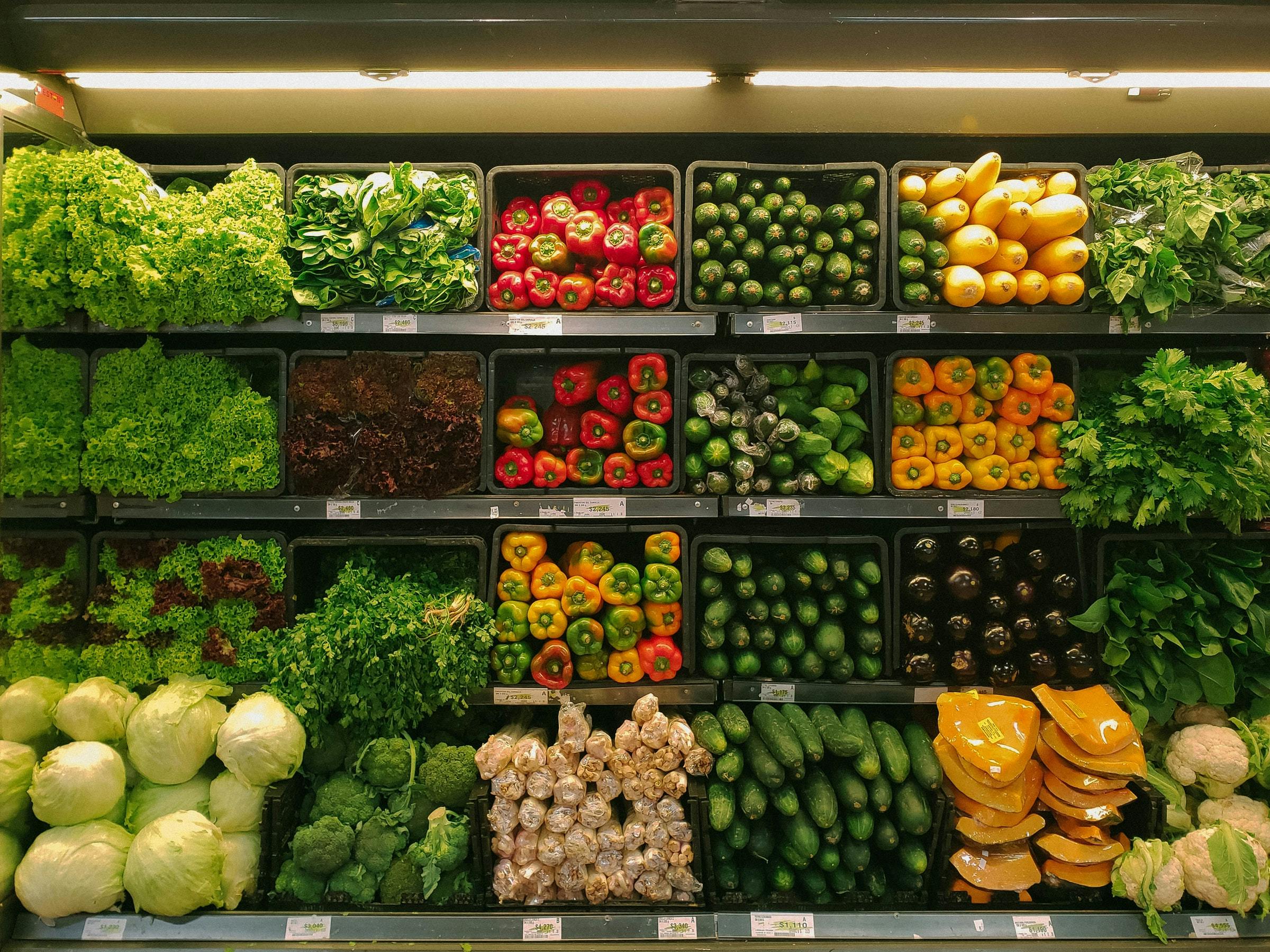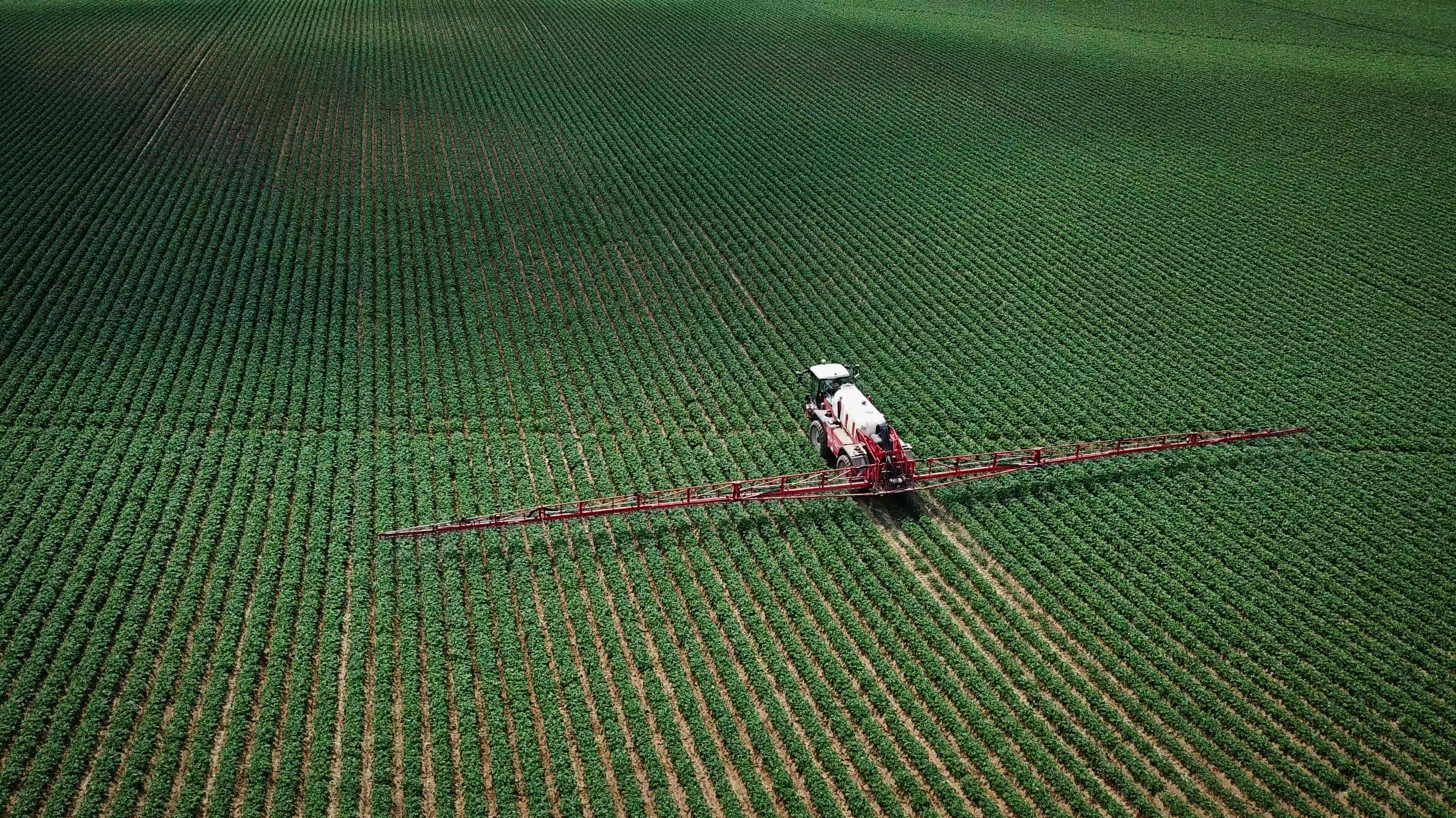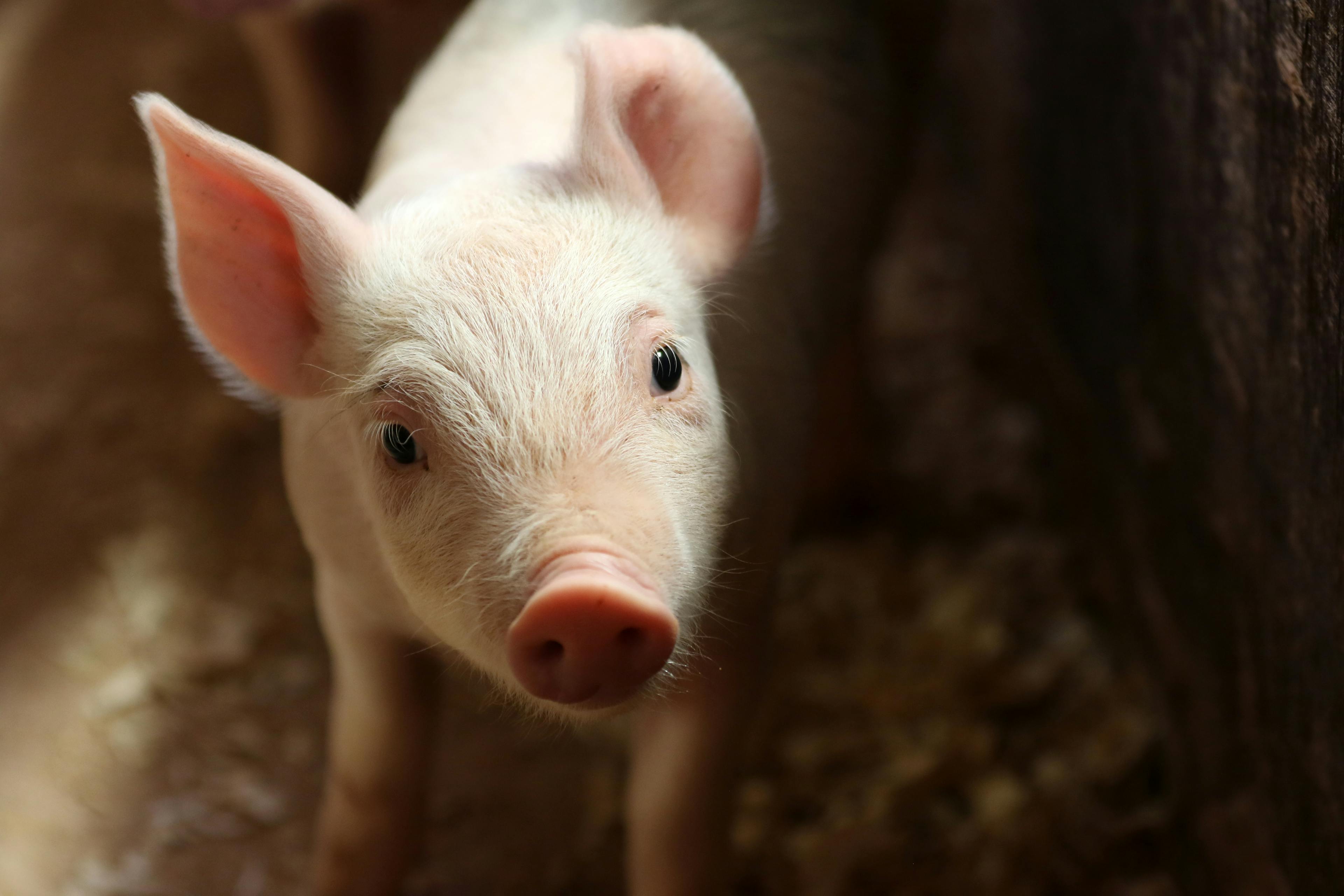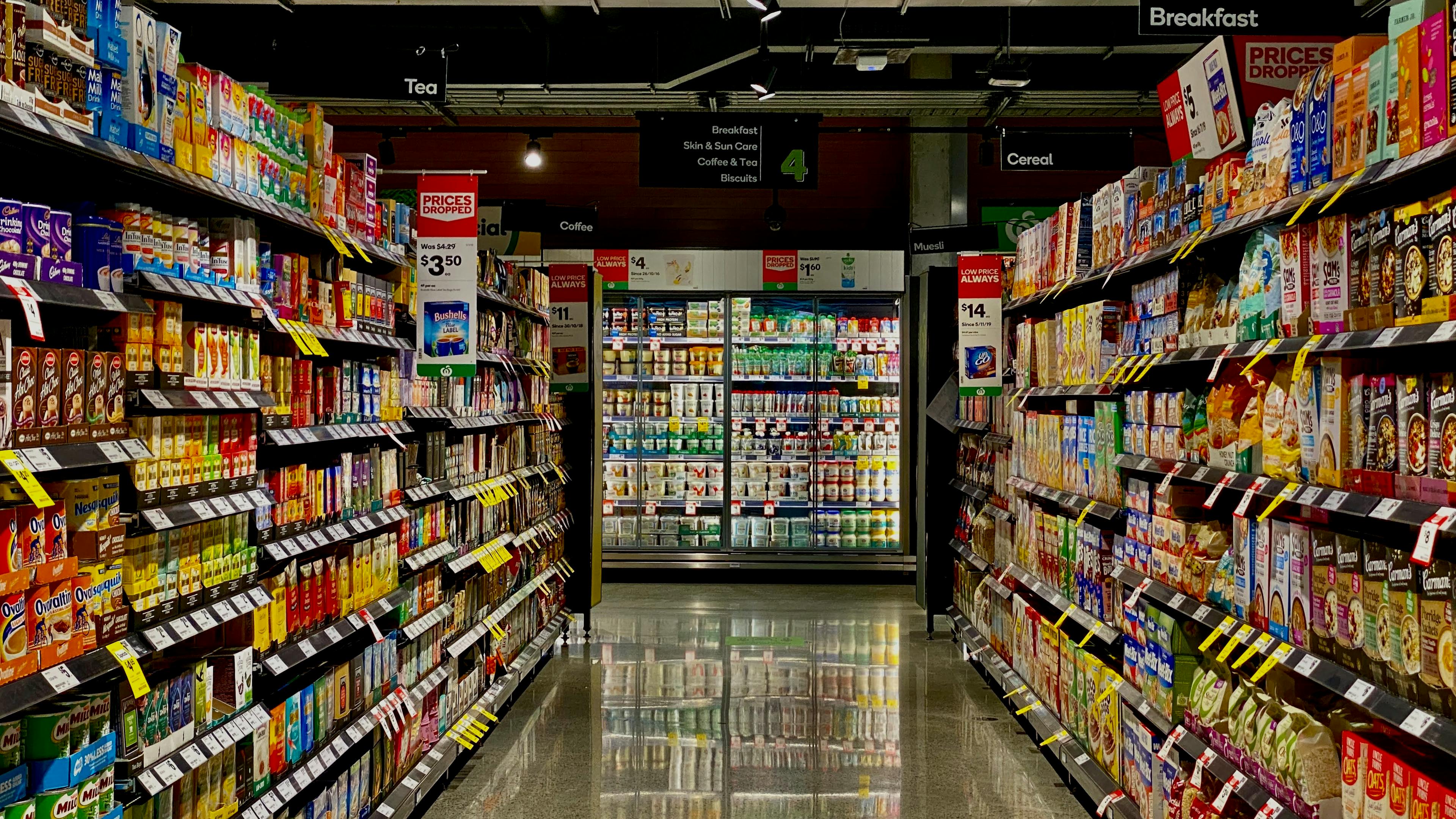Problem analysis
Read about our programmes
Health
More than half of the world’s population is expected to be overweight or obese by 2035. This leads to a growth of cardiovascular diseases, cancer, type 2 diabetes and can often be prevented by healthier food choices. The food environment plays a crucial role in determining the food choices consumers make. A future proof food system needs to encourage healthy and sustainable food choices. Health and sustainability are inherently connected.

Environment
Our current food system is pushing the boundaries of planetary health. Food consumption and production patterns are driving climate change, biodiversity loss, land degradation. The food system accounts for over one-third of greenhouse gas emissions. Immediate actions are required to create a future proof food system. A future proof food system needs to encourage healthy and sustainable food choices. Health and sustainability are inherently connected.

Human rights
The current functioning of the food system does not sufficiently respect human rights throughout the food chain. Farmers are not paid enough to provide for their families or make their production more sustainable. Women are not paid equally or risk losing their jobs when pregnant. A future proof food system needs to be fair to all people involved in the food production.

Animal welfare
Over 70 billion animals are held for the food industry worldwide for their meat, dairy, and eggs. The functioning of the livestock industry brings animal welfare into question. Consumers frequently face campaigns describing the size of their cages, (in)ability to roam outside, or transport and slaughter practices. Retail can take responsibility for animal welfare and provide food products with animal welfare labelling that adhere to high criteria. A future proof food system needs to be fair to all animals held for the food industry.
Levers for change

Retail
Seventy percent of what people in Europe eat comes from supermarkets. At the same time only a handful of supermarkets per country are situated between food producers and consumers. This makes supermarkets a substantial lever to transform eating patterns and food production methods.

Advertising
Current food advertising practices encourage untenable levels of consumption. The majority of food promotion targets unhealthy and unsustainable food. Responsible advertising can positively influence consumption norms and contribute to healthy and sustainable consumption.
Subscribe to our newsletter
Stay up to date on our work and recent developments in the food system.